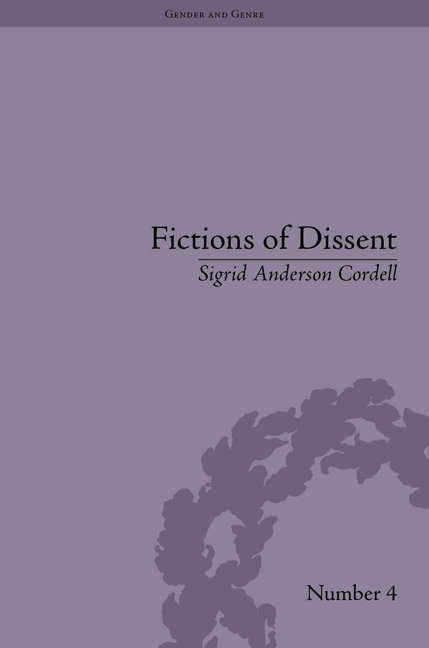 Fictions of Dissent
Fictions of Dissent Book contents
- Frontmatter
- CONTENTS
- Acknowledgements
- Introduction: The Muse's Revenge
- 1 ‘A Beautiful Translation from a Very Imperfect Original’: Mabel Wotton, Aestheticism and the Dilemma of Literary Borrowing
- 2 Vernon Lee and the Aesthetic Subject
- 3 Edith Wharton and the Artist as Connoisseur
- 4 The Aesthetics of Ownership in Women's Stories
- Notes
- Works Cited
- Index
3 - Edith Wharton and the Artist as Connoisseur
- Frontmatter
- CONTENTS
- Acknowledgements
- Introduction: The Muse's Revenge
- 1 ‘A Beautiful Translation from a Very Imperfect Original’: Mabel Wotton, Aestheticism and the Dilemma of Literary Borrowing
- 2 Vernon Lee and the Aesthetic Subject
- 3 Edith Wharton and the Artist as Connoisseur
- 4 The Aesthetics of Ownership in Women's Stories
- Notes
- Works Cited
- Index
Summary
[N]either the uneducated judgment nor the instincts of the uneducated can ever come to have more than the very slightest value in the determination of what is true or false in art … In material matters, even … has the labourer ever been able to understand a machine … until it has been laboriously explained to him …? How, then, is he to understand a poem, which must always continue to seem to him a useless thing …?
Arthur SymonsI think sometimes that it is almost a pity to enjoy Italy as much as I do, because the acuteness of my sensations makes them rather exhausting; but when I see the stupid Italians I have met here, completely insensitive to their surroundings, & ignorant of the treasures of art & history among which they have grown up, I begin to think it is better to be an American, & bring to it all a mind & eye unblunted by custom.
Edith Wharton to Margaret Terry Chanler, 8 March [1903]In an 1898 review of Tolstoy's What is Art?, the aesthetic poet and critic Arthur Symons refutes the idea that great art should universally inspire ‘feeling’ in its viewers. The impossibility of this universal standard, he argues, reflects a distinct hierarchy in taste: those with intelligence and discrimination will always and naturally recognize the beauty in art, whereas there is a separate class of people who will never appreciate, or even understand, objects that do not have an obviously utilitarian value.
- Type
- Chapter
- Information
- Fictions of DissentReclaiming Authority in Transatlantic Women's Writing of the Late Nineteenth Century, pp. 69 - 92Publisher: Pickering & ChattoFirst published in: 2014


